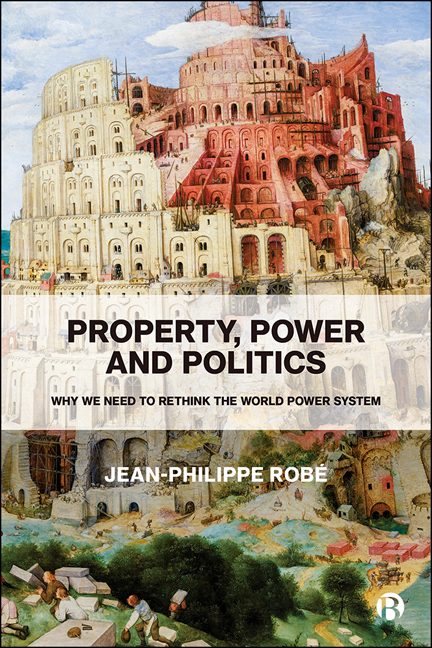5 - The Mixing of Democracy and Despotism
Published online by Cambridge University Press: 12 March 2021
Summary
So far in the first part of this book, I have analysed property as a constitutional prerogative decentralizing to owners the right of decisionmaking as a matter of principle towards objects of property. As such, property is a building block in the Power System, laws coming as derogations to this principle. Laws are reducing the owners’ decisionmaking autonomy as a matter of exception. Public and private prerogatives, although operating via different rules, operate in combination. The public prerogatives of the Organs of the State exist, on the one hand, to provide services which can only be provided by a monopolist in the provision of order over a territory and population and, on the other hand, in agreement with Pigou's teaching, to correct negative externalities and reduce inequality. The liberal constitutional mode of government in effect combines a principle of autonomy in economic affairs, via property and freedom of contracts, and of democracy in collective decision-making to reduce this autonomy when required. This combination of private and public prerogatives in a ‘market economy’, far from being incidental, is constitutive of a specific Power System. It is a system in which monetary, market exchange requires the existence of State property, and State institutions, to exist. And public prerogatives could not exist without the resources provided by the taxation of private monetary exchanges taking place in their jurisdiction.
One can clearly see how globalization – with globalized firms and markets, on the one hand, and local States, on the other – can be a powerful disruptor of this Power System.
In this chapter, I will show that constitutional systems of government promoting the protection of property rights necessarily lead to a pluralistic Power System mixing democracy and despotism. This is because property, with its absolute prerogatives and the decentralization of sovereignty it represents, was designed to protect individuals’ autonomy. But with the advent of a corporate economy, these prerogatives have been concentrated within business firms. A new form of legal pluralism developed, in an unofficial manner, outside the official, positive legal system. Although they have no formal existence, firms play a role in the effective operation of the Power System.
- Type
- Chapter
- Information
- Property, Power and PoliticsWhy We Need to Rethink the World Power System, pp. 163 - 182Publisher: Bristol University PressPrint publication year: 2020



